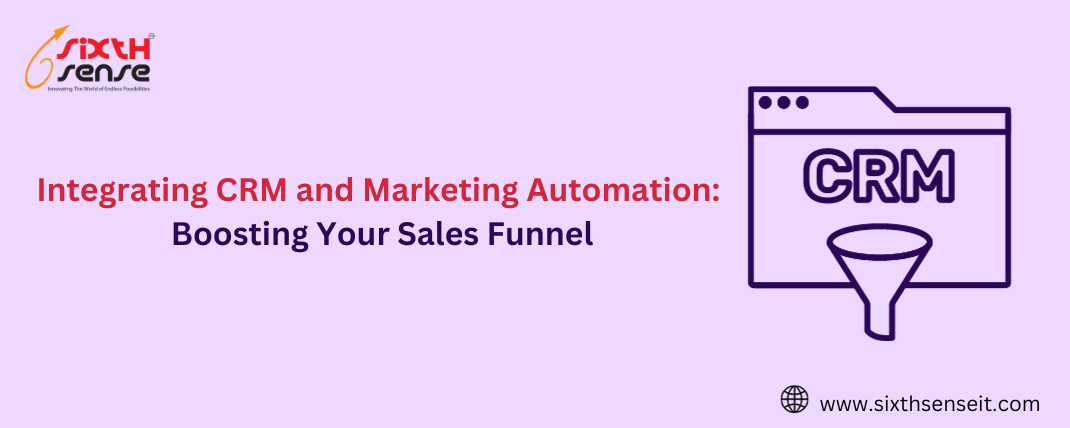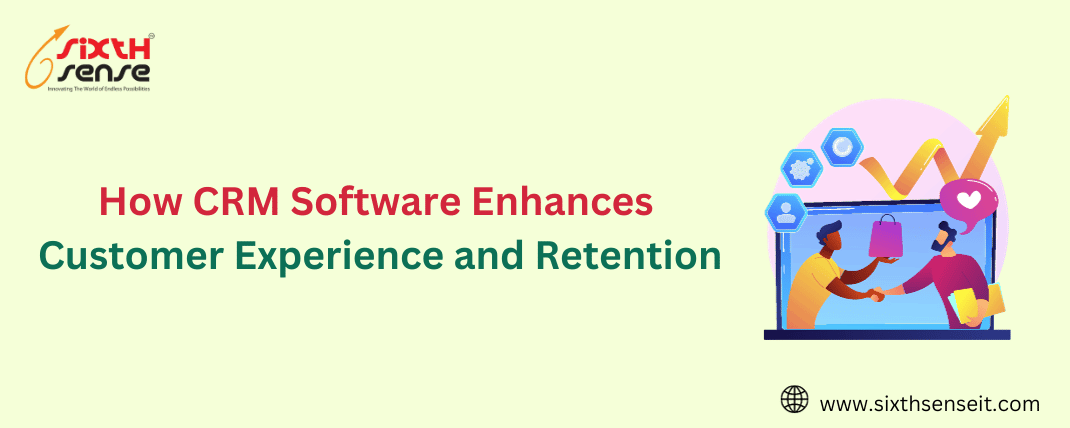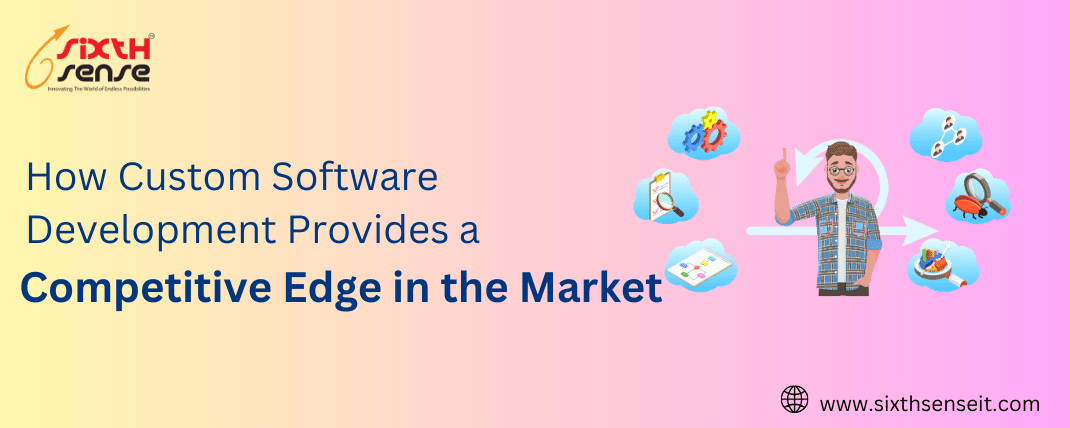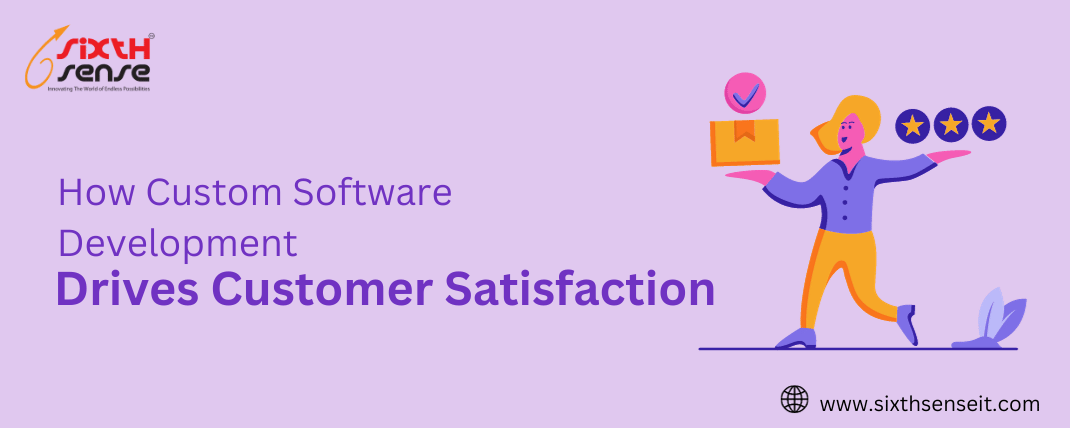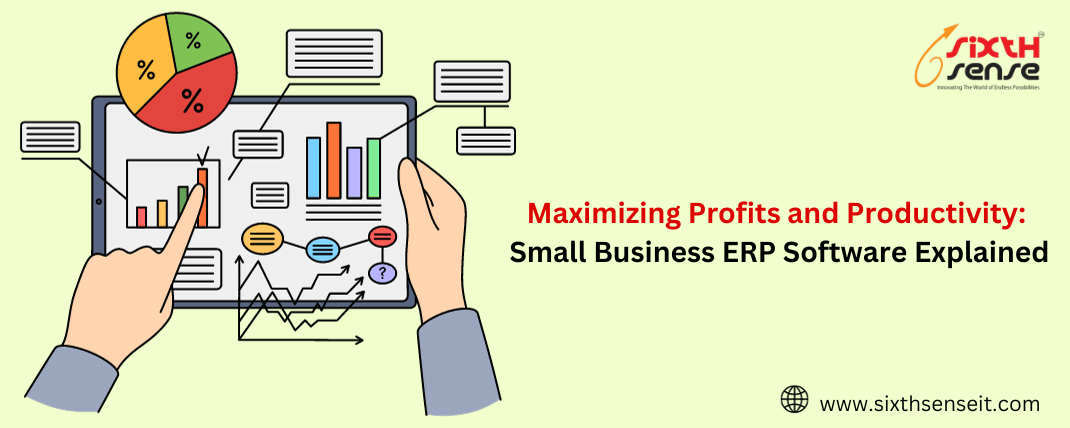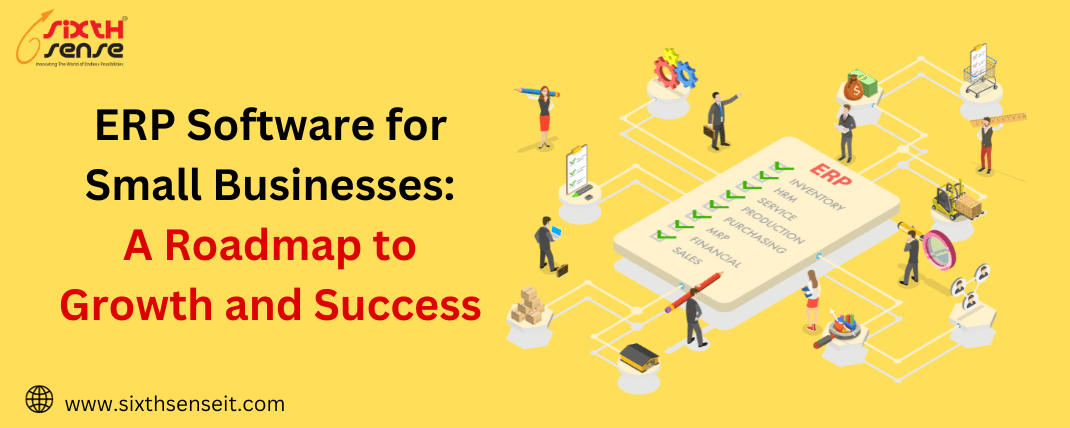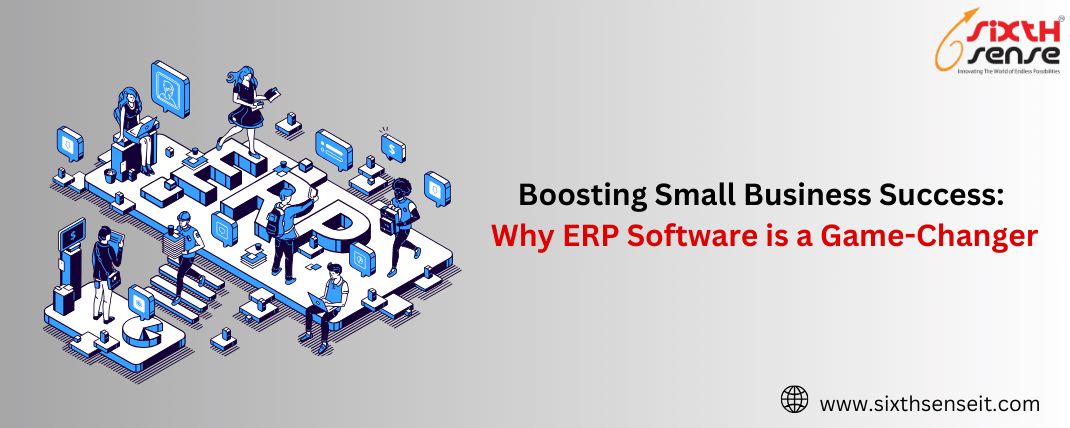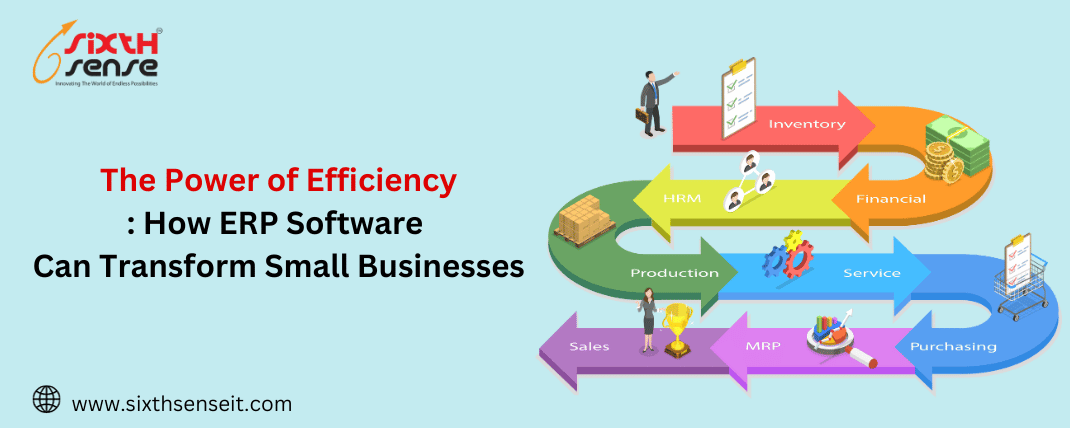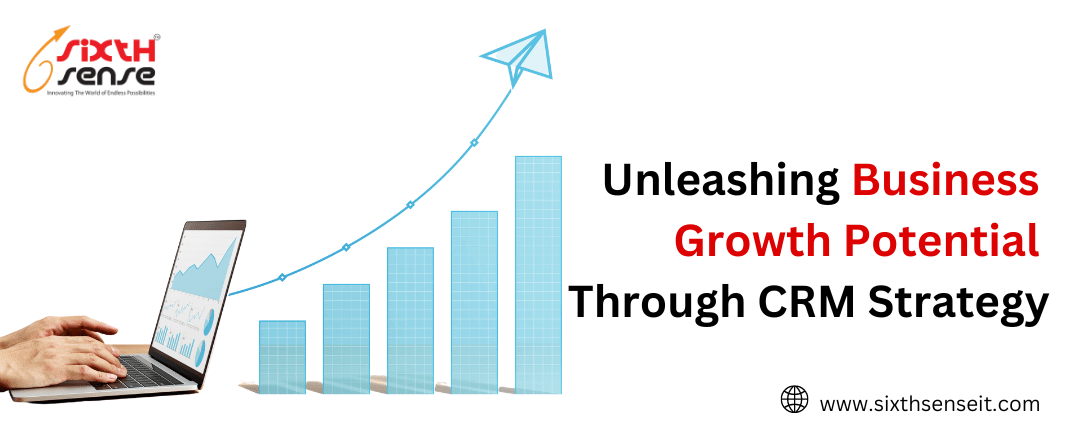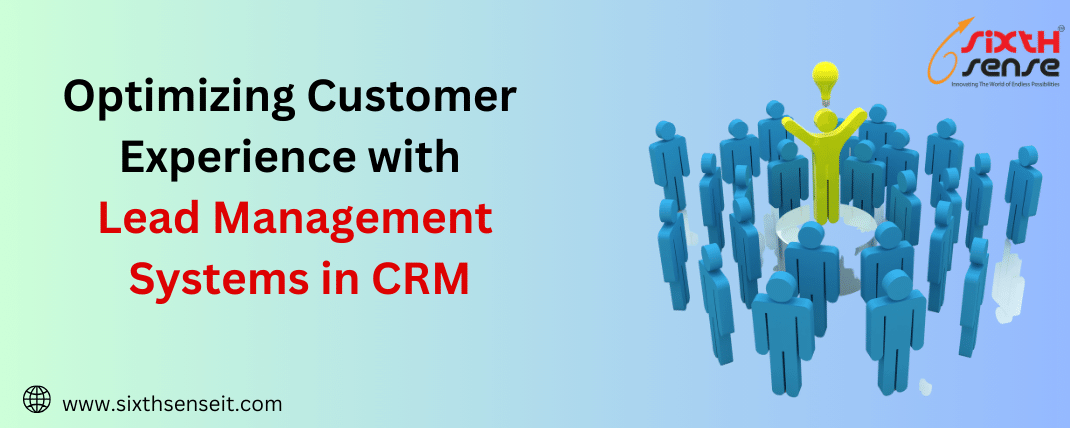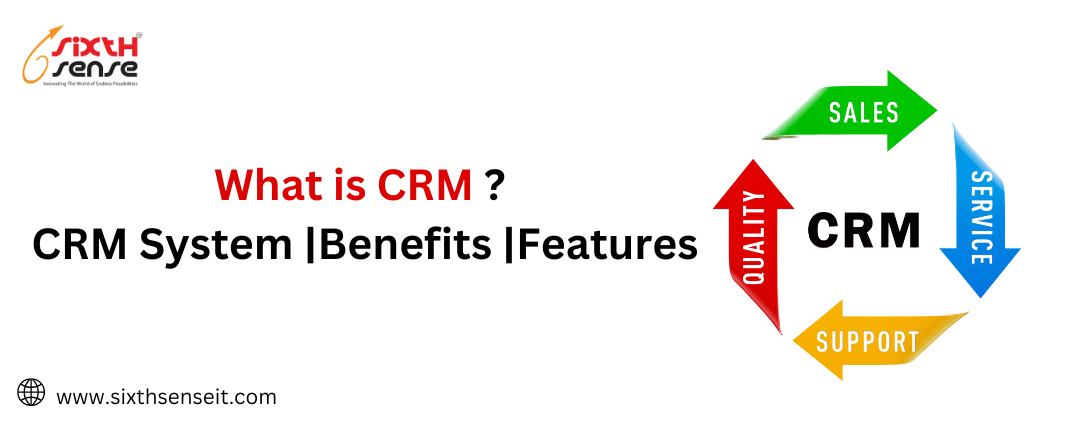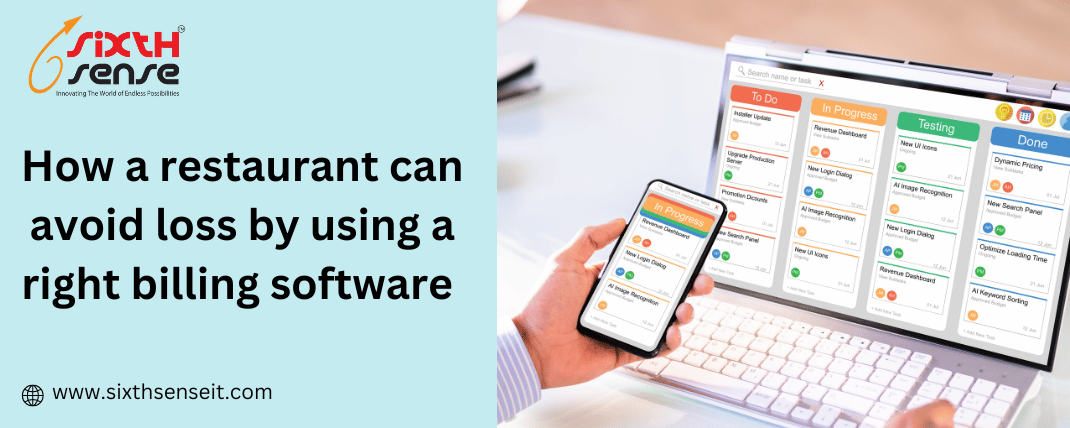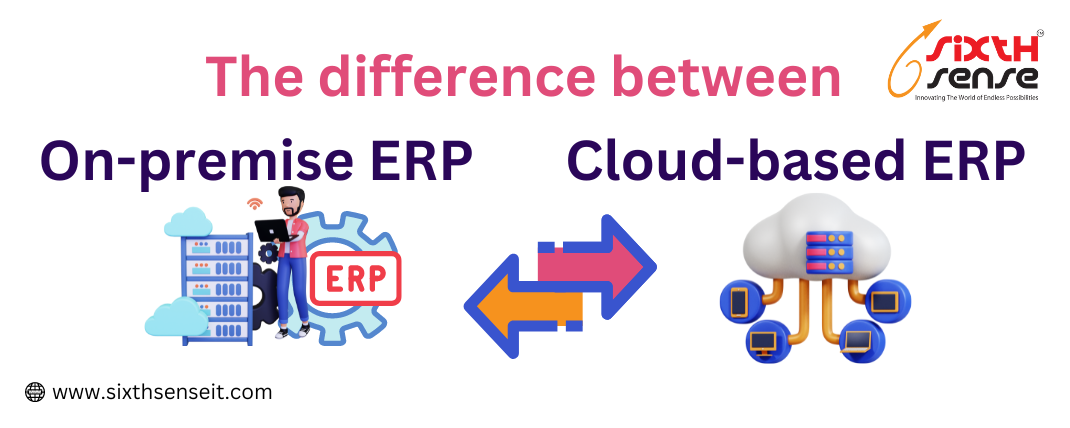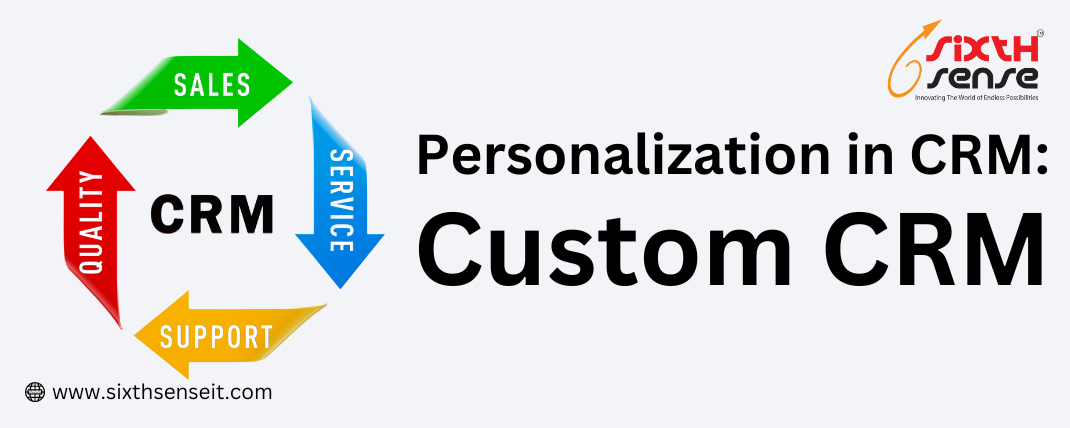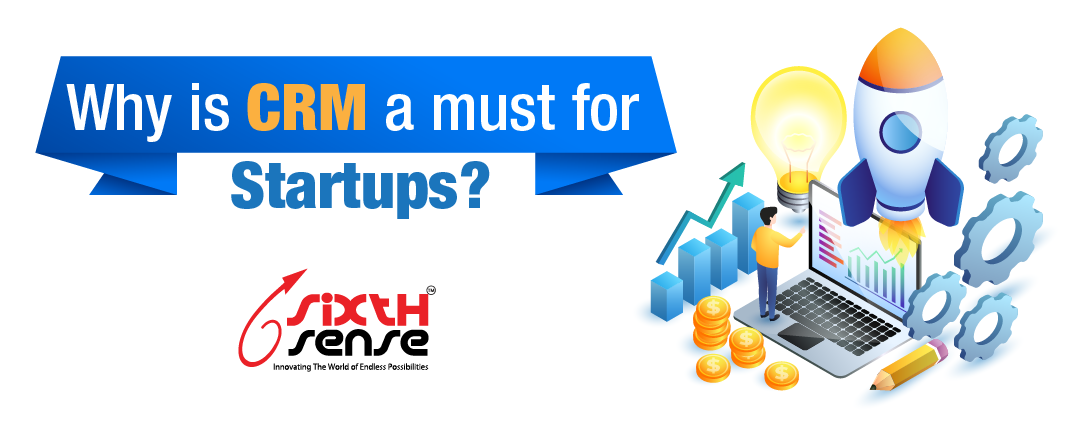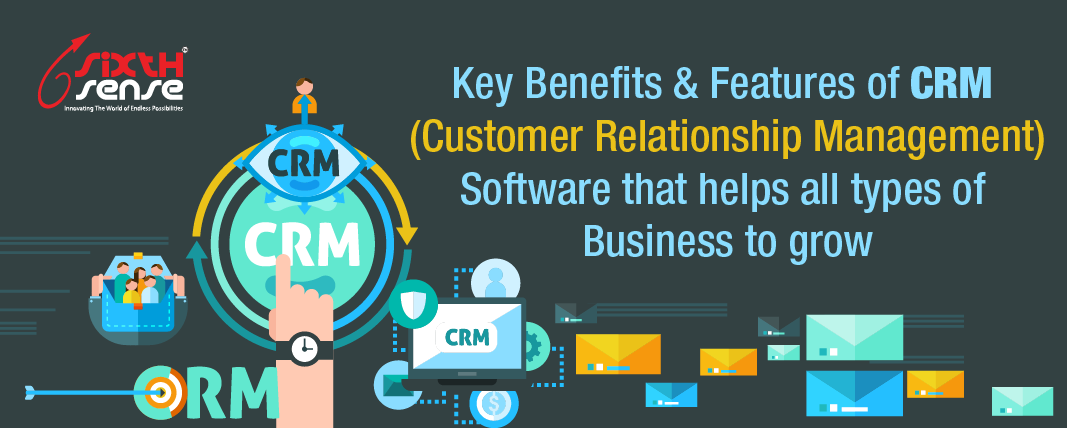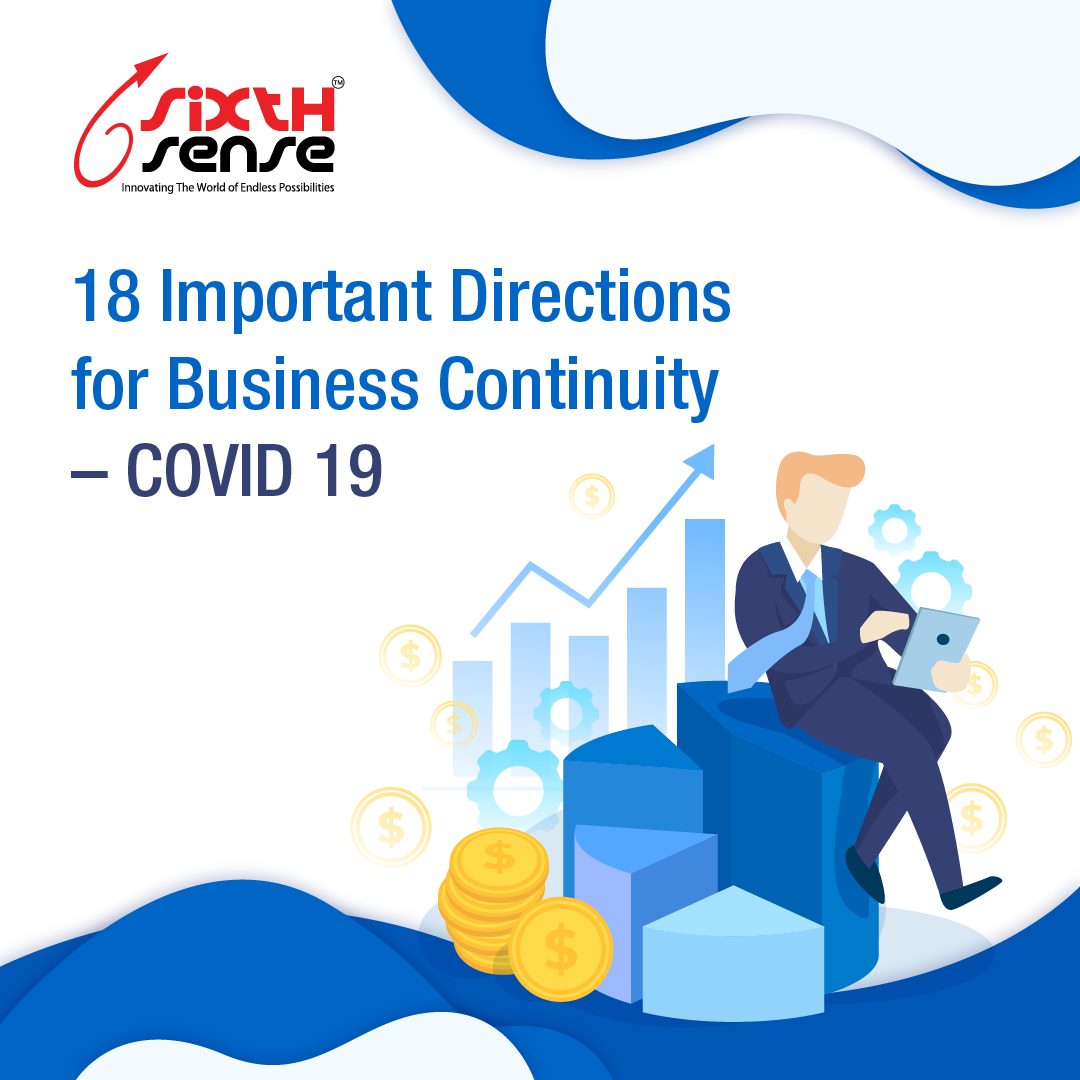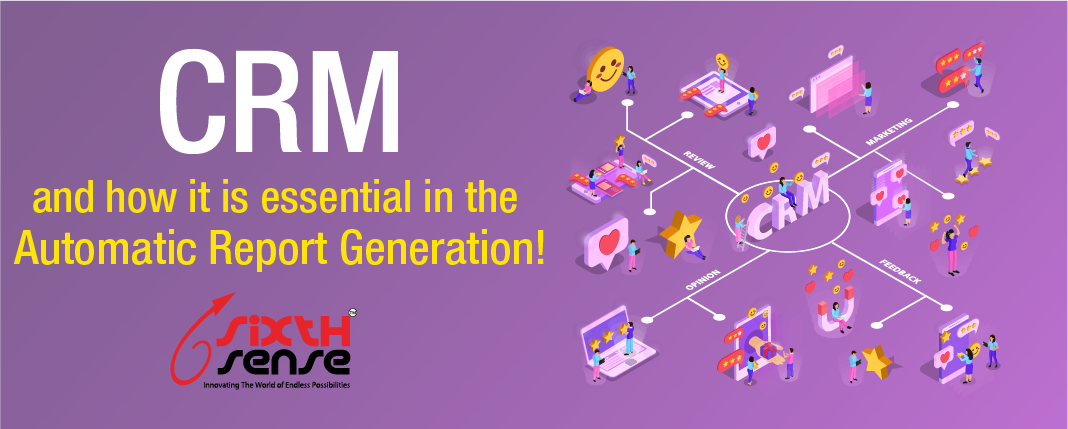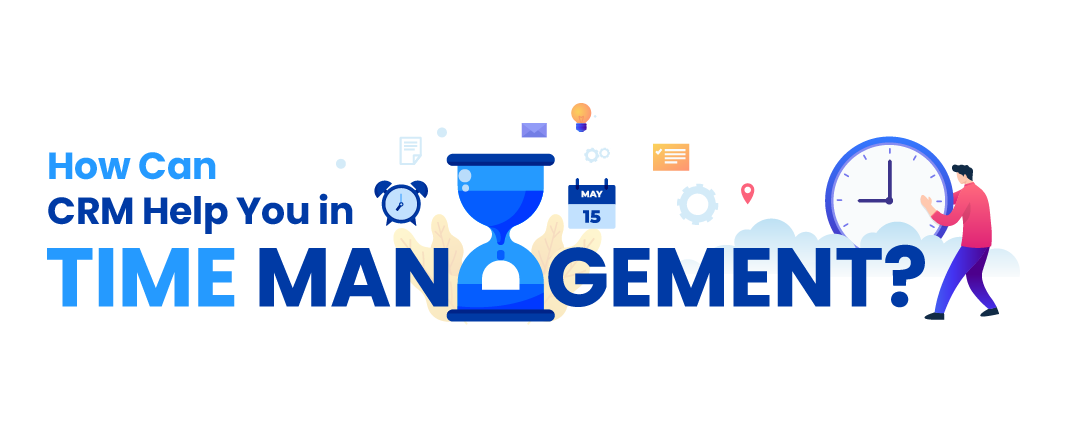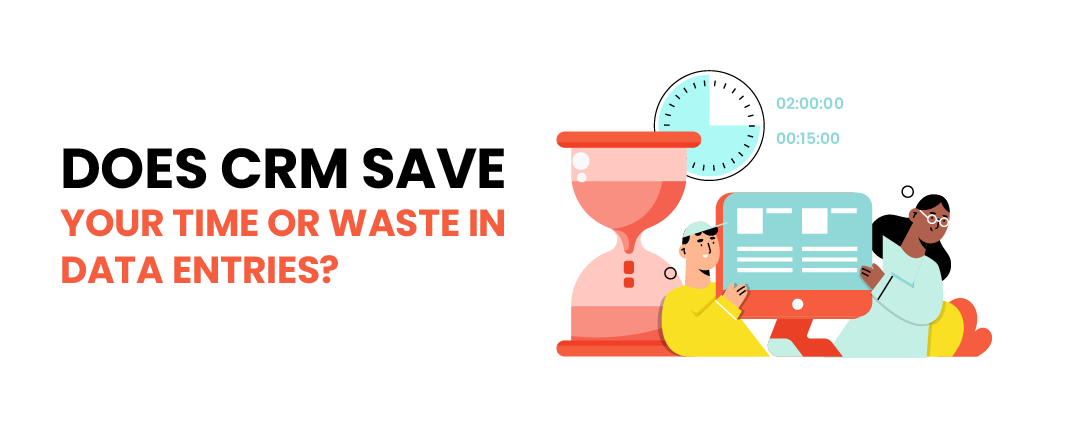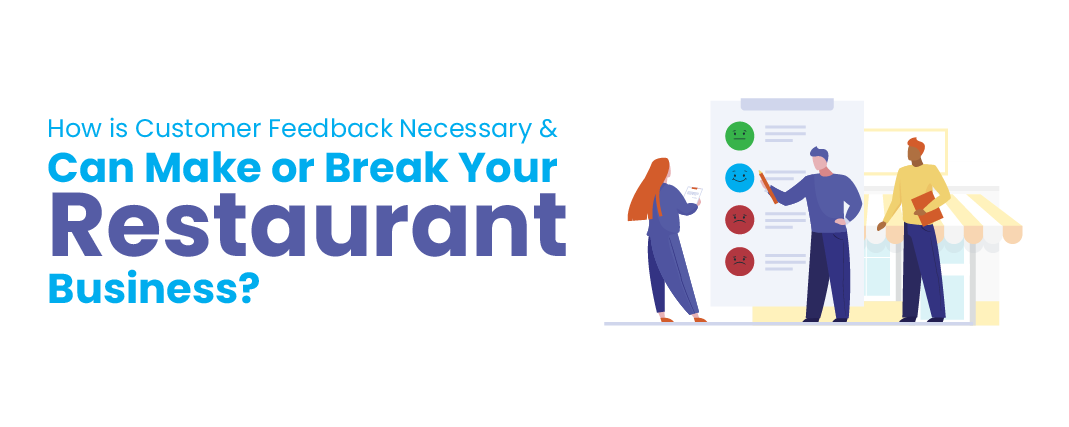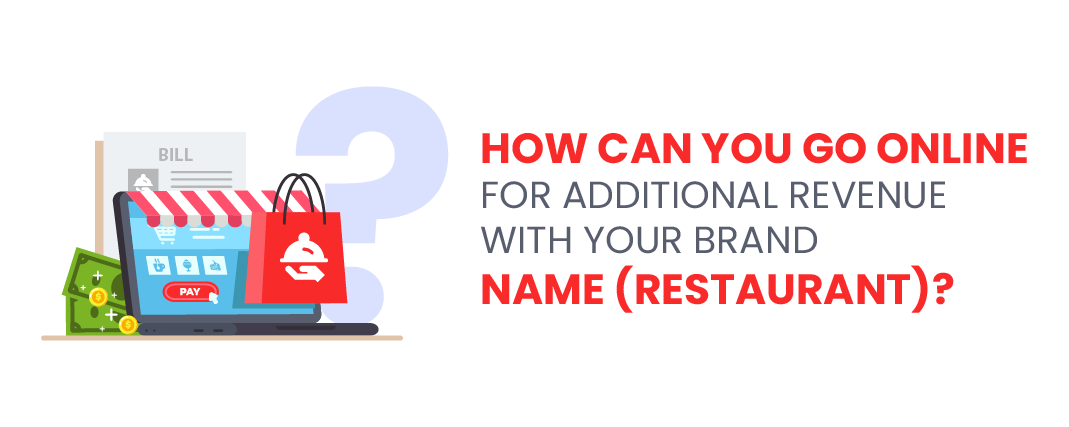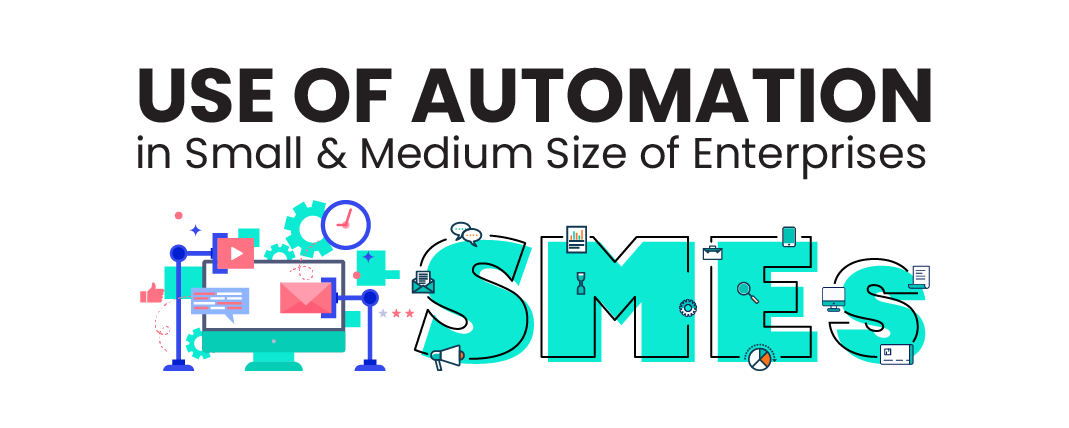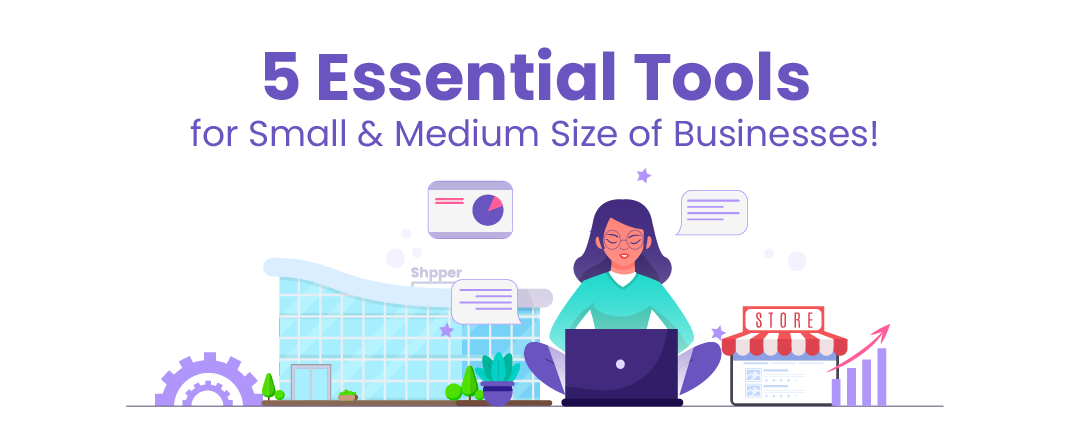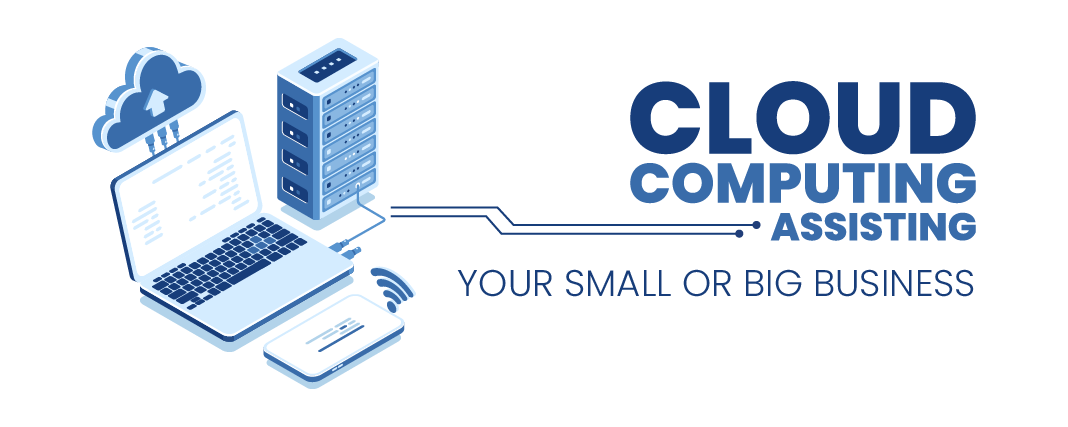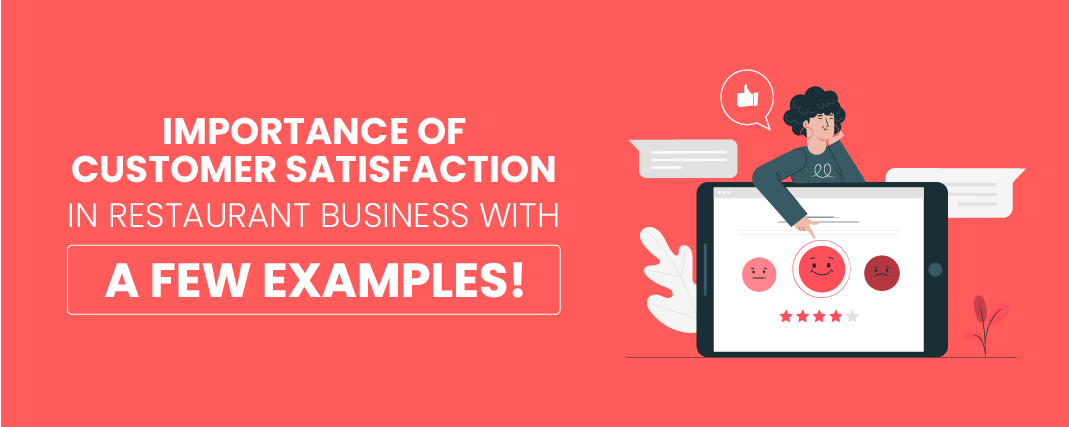
Scaling Your Business with CRM: Managing Growth Efficiently


In the journey of business growth, managing expansion can be both thrilling and challenging. As your customer base expands, so do the complexities of managing relationships and data. This is where Customer Relationship Management (CRM) steps in as a crucial tool for scaling your business efficiently. In this extensive blog post, we will delve into the ways in which CRM empowers businesses to navigate growth seamlessly, ensuring that every aspect of customer interactions is not just managed but optimized for sustainable success.
Before we explore the role of CRM in scaling a business, let's briefly outline the dynamics of business scaling:
As your business grows, the number of customers you serve also increases.
Managing a larger customer base necessitates more sophisticated tools and strategies.
Business expansion often involves diversifying product or service offerings to cater to a broader audience.
This diversification adds layers of complexity to your operations and customer interactions.
Scaling may involve expanding into new geographic markets or reaching a global audience.
Managing customer relationships across different regions requires a strategic approach.
Business scaling often entails expanding your team to handle increased workloads and diverse responsibilities.
Effective collaboration and communication become paramount as team structures evolve.
Challenge: With growth comes an influx of customer data from various touchpoints.
CRM Solution: Centralized data management in CRM ensures that all customer information is stored in a single, accessible platform.
Benefits:
Easy access to comprehensive customer profiles.
Streamlined data entry and retrieval.
Enhanced data accuracy and consistency.
Challenge: Traditional systems may struggle to handle the increased load and complexity of a growing business.
CRM Solution: Cloud-based CRM systems provide scalable infrastructure that can adapt to the evolving needs of your business.
Benefits:
Flexibility to scale up or down based on demand.
Reduced infrastructure costs.
Accessibility from anywhere, facilitating remote work.
Challenge: Manual processes become inefficient and prone to errors as the volume of tasks increases.
CRM Solution: CRM automates repetitive tasks and workflows, saving time and minimizing errors.
Benefits:
Increased operational efficiency.
Consistent and standardized processes.
More time for employees to focus on strategic tasks.
Challenge: Understanding and catering to the diverse needs of a growing customer base.
CRM Solution: CRM allows for effective customer segmentation based on demographics, behavior, and preferences.
Benefits:
Targeted marketing and communication.
Personalized customer experiences.
Improved customer satisfaction and loyalty.
Challenge: With team expansion, communication and collaboration become more complex.
CRM Solution: CRM systems facilitate seamless communication and collaboration among team members.
Benefits:
Centralized communication history.
Efficient collaboration on customer-related tasks.
Improved internal transparency.
Challenge: Providing timely and effective support to a larger customer base.
CRM Solution: CRM systems streamline customer support by providing a unified view of customer interactions.
Benefits:
Quick issue resolution.
Consistent and personalized support.
Improved customer satisfaction and retention.
Challenge: Disparate systems may lead to data silos and hinder the flow of information.
CRM Solution: Integration with other business systems creates a cohesive ecosystem.
Benefits:
Seamless data flow between departments.
Comprehensive insights for informed decision-making.
Efficient end-to-end business processes.
Challenge: Making strategic decisions without real-time insights.
CRM Solution: CRM systems offer robust analytics tools for data-driven decision-making.
Benefits:
Real-time performance tracking.
Identification of growth opportunities.
Proactive problem-solving.
Challenge: Generic solutions may not cater to the specific requirements of a growing business.
CRM Solution: CRM systems are customizable to adapt to the unique needs and workflows of your business.
Benefits:
Tailored solutions for specific business processes.
Easy adaptation to changing business dynamics.
Increased user adoption.
Challenge: Retaining customers becomes crucial as acquiring new ones becomes more competitive.
CRM Solution: CRM aids in implementing effective customer retention strategies through personalized engagement.
Benefits:
Reduced churn rates.
Increased customer lifetime value.
Strengthened customer relationships.
Implementation Strategies for CRM in Scaling Businesses
Ensure that employees are well-trained on using CRM systems effectively.
Provide ongoing training to keep teams updated on new features and best practices.
Conduct a thorough review of existing data before migrating to a CRM system.
Cleanse and organize data to ensure accuracy and consistency.
Clearly outline the objectives and goals of implementing CRM in alignment with your business growth strategy.
Ensure that everyone in the organization understands the purpose and benefits of CRM.
Choose a CRM system that integrates seamlessly with other business tools and applications.
Ensure that data flows efficiently between CRM and other systems.
Evaluate the scalability of the chosen CRM system to ensure it can grow with your business.
Plan for future expansions and changes in business dynamics.
Implement robust security measures to protect sensitive customer data.
Ensure compliance with data protection regulations to build trust with customers.
Establish feedback mechanisms to gather insights from users about the CRM system.
Use feedback to make continuous improvements and optimizations.
Conduct regular audits of CRM data to identify and rectify any inconsistencies.
Keep the CRM system up-to-date with the latest features and security patches.
Foster collaboration between departments, especially between sales, marketing, and customer support.
Encourage the sharing of insights and feedback to enhance the overall customer experience.
Define and monitor KPIs related to customer relationships, sales, and marketing.
Use KPIs to assess the impact of CRM on business growth and make informed decisions.
Case Studies: Real-Life Examples of Successful CRM Implementation in Scaling Businesses
Scaling your business is a multifaceted journey that demands careful planning, strategic investments, and the right tools. Among these tools, CRM stands out as a linchpin for managing growth efficiently. By centralizing data, automating workflows, and enhancing collaboration, CRM not only addresses the challenges of expansion but also unlocks opportunities for increased customer satisfaction and revenue. As you embark on the path of scaling your business, consider CRM not just as software but as a strategic ally in your pursuit of sustainable and successful growth.


